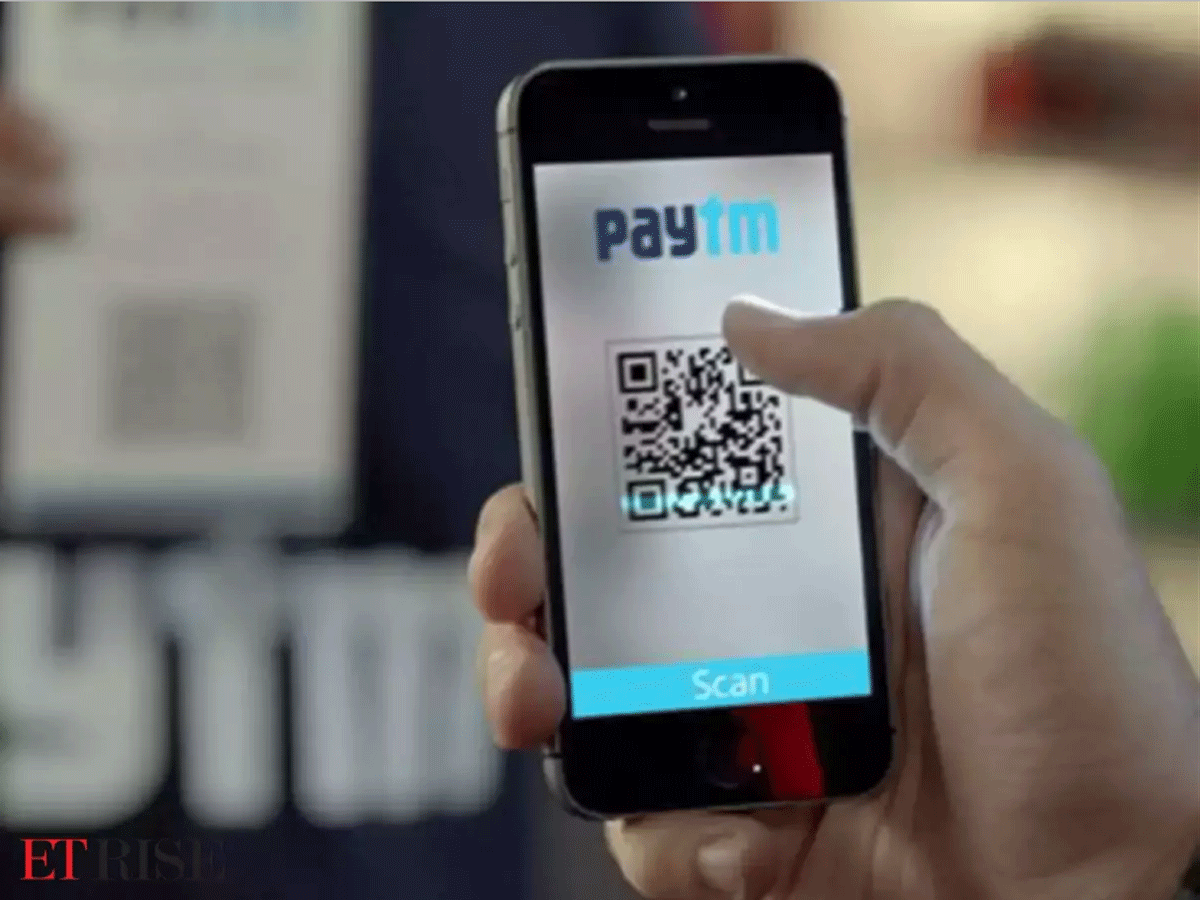 Paytm Mall has separated all functions from parent entity One97 Communications, months after closing a funding round led by US-based ecommerce firm eBay, a top executive said.
Paytm Mall has separated all functions from parent entity One97 Communications, months after closing a funding round led by US-based ecommerce firm eBay, a top executive said.The company has also made a slew of changes in its business strategy, said Rudra Dalmia, chief financial officer and board member of Paytm Mall. "We are rebuilding," Dalmia said. The ecommerce arm, which is valued at $3.3 billion, has seen significant restructuring, including no common team member across its two businesses, he said. Vijay Shekhar Sharma continues to lead both businesses.
Paytm Mall has also fully integrated its deals platform Nearbuy, which it acquired in December 2017, with its app and started mapping neighbourhood offline stores, which in its current form is enabling discovery. This is expected to generate revenues through services like advertising, Point of Sale (PoS) and marketing.
Besides, the company has also introduced gift cards, launched the eBay international store with curated merchandise, and forged partnerships with Kishore Biyani's Future Group, Reliance Industries and BigBasket for its offline-to-online (O2O) business.
The changes have ensured that Paytm Mall is driving traffic to its larger ecosystem, Dalmia said. "The mission continues to be - making users transact on all Paytm products including movie ticketing, travel, games. Mall is now a big catalyst for that," he said.
In July, eBay picked up a 5.5% stake in Paytm Mall for $160 million, its third bet on India's ecommerce market after backing Snapdeal in 2014 and Flipkart in 2017. Before eBay, Paytm Mall had raised Rs 1,510 crore in June last year, led by Japanese tech investor SoftBank and Chinese internet giant Alibaba.
It has raised over $650 million in a span of two years from Alibaba, SoftBank and SAIF Partners - all existing investors in Paytm's parent One97 Communications.
In January, Paytm Mall shut its national ecommerce shipping business, which involved onboarding sellers and shipping products across the country, and moved away from discounting and cash back-led business. "Our focus for this year is 1.5 times the revenue for one-fifth the cost," Dalmia said.
Paytm Mall has slashed its monthly cash burn by a third to 40 crore from a peak of 200 crore last year. Cash burn is the rate at which a company uses up its capital to run its day-to-day operations and is commonly seen across consumer internet firms which raise a bulk of investor capital.
Good information. Thanks for sharing. If you want to know more about stock market related topics then visit
ReplyDeleteAffle India
National Stock Exchange
Sterling & Wilson IPO
Unified Payment Interface